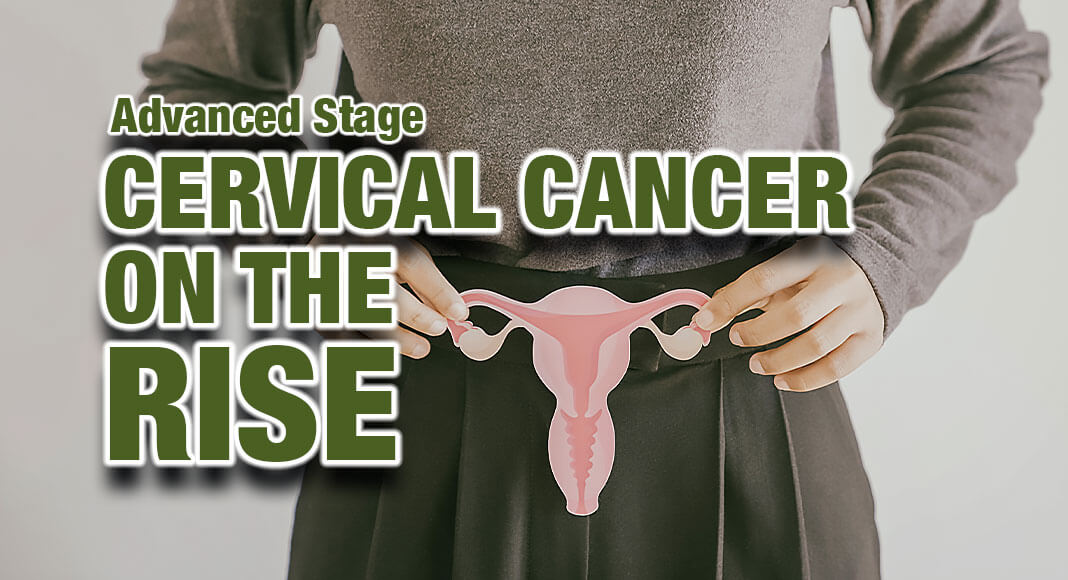
Mega Doctor News
CLEVELAND CLINIC – According to a study released last year, late-stage cervical cancer appears to be on the rise.
Robert DeBernardo, MD, Section Head Gynecologic Oncology for Cleveland Clinic, said that could be due in part to the pandemic and the change in guidelines for pap smears.
Before, women were told to get them done annually. Now, it’s every three years, and in some cases, every five years.
“It’s sort of hard to count by threes. And it’s very easy to kind of lose track of when your pap smear was, and our guidelines are such that if it’s done one way than it’s a slightly different screening protocol. I think that may be one of the issues that has led to an identification of more advanced cervix cancer that we’re seeing in the United States,” said Dr. DeBernardo.
For those unfamiliar, cervical cancer is cancer of the cells in the cervix, which is the lower part of a woman’s uterus.
Early stages of cervical cancer don’t usually involve symptoms and can be hard to detect, making the need for routine pap smears very important. The test can help identify any abnormal cells.
However, when symptoms do occur, they can include bleeding after sex, pelvic pain and vaginal discharge that contains blood.
Dr. DeBernardo said cervical cancer is preventable and is often the result of the virus HPV, a sexually transmitted infection.
Testing for that is equally as important. The same goes for the HPV vaccine.
Both men and women between the ages of 11 and 45 years old are eligible to get that.
“We developed a vaccine years ago, there are several on the market, they are extremely effective at preventing cancer,” said Dr. DeBernardo. “In Australia where uptakes of vaccines are high, they are seeing a decrease in the amount of cervix cancer in that country.”
According to the CDC, roughly 13,000 new cases of cervical cancer are diagnosed every year in the United States, in addition to 4,000 deaths.









